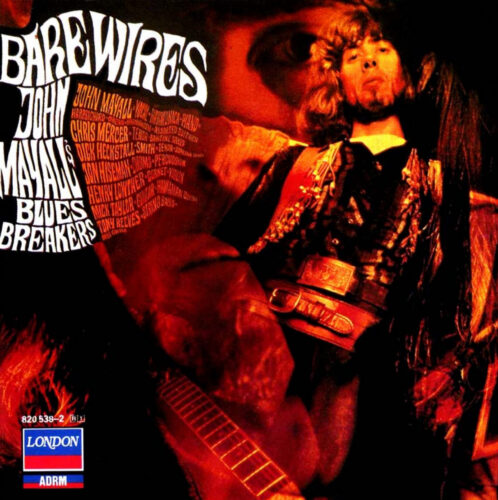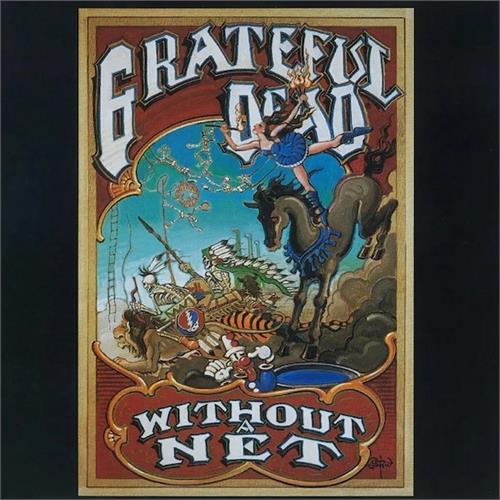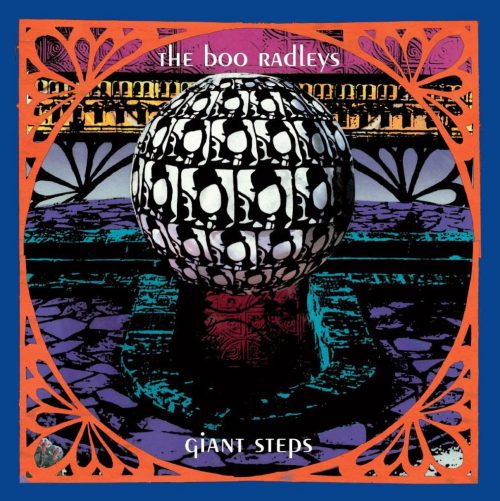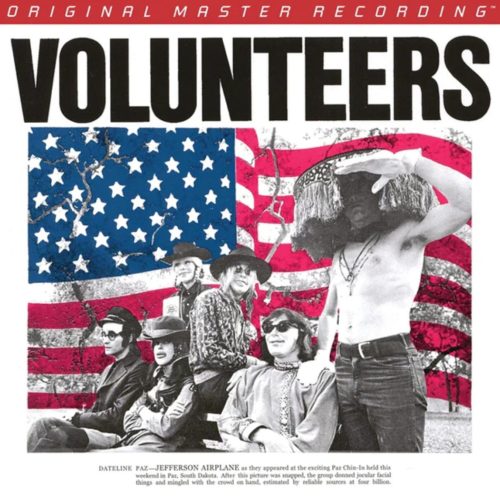Bare Wires
Label: Proper
Genre: Rock, Country/Folk/Blues, Blues
$44.99
Availability: In stock
Rock was changing fast in 1968. The concept album was in the air, a development encouraged by Sgt Pepper’s the previous year (though nobody seemed certain what its concept was, or even if it had one). Groups as diverse as The Hollies, The Moody Blues, and The Temptations were casting off jolly ditties, confronting issues and “going heavy.” It was get hip or be buried for many bands, and even as rootsy a figure as John Mayall was not immune to this shift, as Bare Wires, which was released on July 21, 1968, and opens with a 22-minute suite, makes clear.
However, before you regard the bluesman’s break in the road as a fashionable aberration, bear in mind that Mayall had doubtless heard concept albums before rock thought of them; Woody Guthrie’s Dust Bowl Ballads (1940) had probably crossed his path; likewise Max Roach’s We Insist! Freedom Now Suite (1960), perhaps even Clyde McPhatter’s Songs Of The Big City (1964). Mayall was in good company, and if his audience would have been baffled by “Bare Wires Suite” a year earlier, tastes had changed and Mayall was now in a position to broaden his horizons. Mixing blues, folk, jazz, R&B, the nascent progressive rock, and even a touch of psychedelia, the seven songs that make up the “Suite” work well.
Mayall’s voice sounds perfectly at home throughout, he gets the opportunity to bring out all his “har” instruments, harmonium, harmonica, and harpsichord, without harming anyone, and the atmosphere is calm throughout the record, curious considering the ambitious music contained herein. Just play the opening tracks of what was Side Two on the original vinyl: “I’m A Stranger” is straight from the Bobby Bland book of elegant blues, while, by contrast, “No Reply” is a funky bongo workout that sounds like the result of a stoned afternoon.
There’s the expected driving blues guitar workout in “Hartley Quits,” (literally) a record of the moment drummer Keef Hartley left the band, which finds Mick Taylor in skin-peeling form. And “Sandy” is an evocative acoustic slide song, closing the original LP in fine style. Mayall is strong vocally, and The Bluesbreakers, augmented with two saxes and Henry Lowther on cornet and violin, and now driven by the tempestuous Jon Hiseman on drums and Tony Reeves’ bass, are more flexible than ever.
What did Mayall’s following of hardcore blues aficionados make of his fresh approach? They made it his highest-charting album in the UK (No.3), and it represented his US breakthrough with a Top 60 placing on Billboard on September 22, 1968. Those fans were right: Bare Wires is one of the most satisfying albums in Mayall’s catalogue; “Suite” inspiration indeed.





